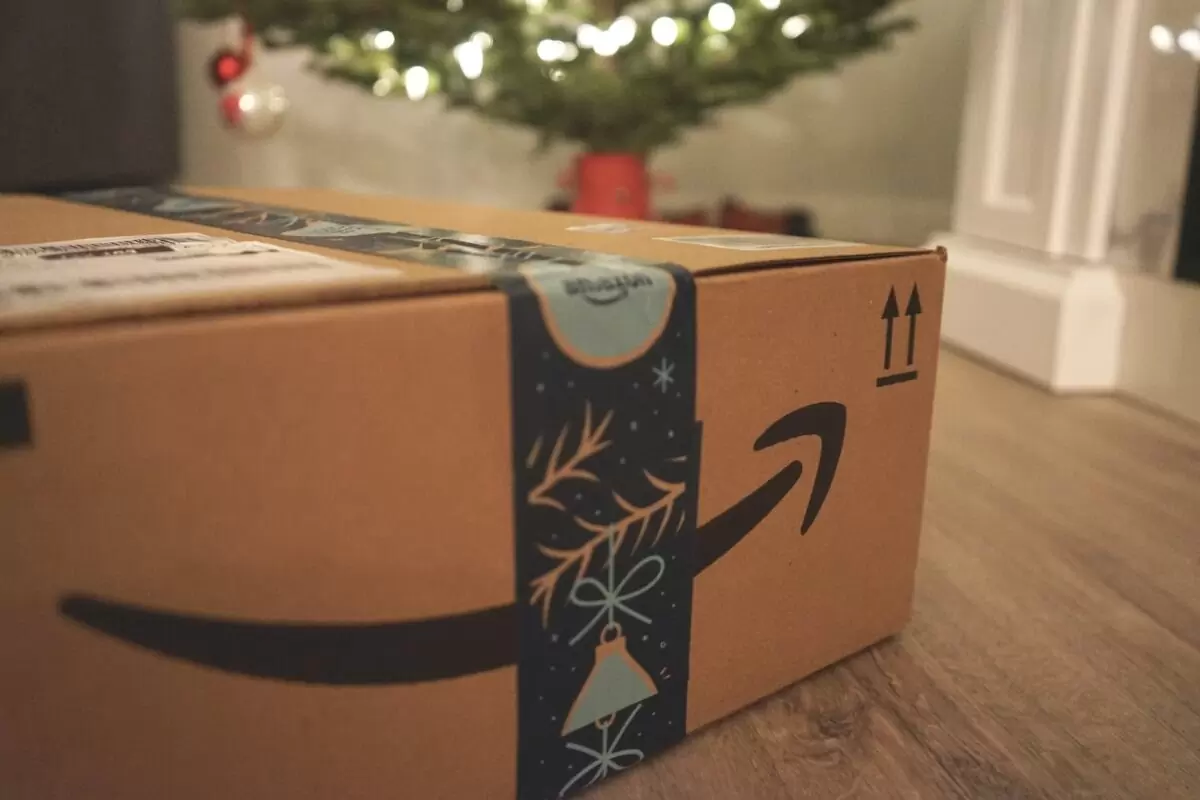Is Amazon FBA Worth it in 2024?
Introduction
If you’re an entrepreneur or a small business owner looking to sell products online, you’ve probably heard of Amazon FBA (Fulfillment by Amazon). This service allows you to store your inventory in Amazon’s warehouses, and they take care of the picking, packing, and shipping of your products. But is Amazon FBA worth it in 2024? With the increasing competition and changing market dynamics, it’s a valid question to ask. In this article, we’ll explore the pros and cons of using Amazon FBA, the latest trends and challenges in the e-commerce industry, and whether it’s still a viable option for your business.
Pros of Using Amazon FBA
1. Access to Amazon’s Large Customer Base
One of the biggest advantages of using Amazon FBA is the exposure your products can get to millions of customers worldwide. Amazon is the world’s largest online marketplace, with over 2.5 million active sellers and more than 300 million active customers. By using FBA, you can tap into this huge customer base and increase your sales potential.
2. Faster Shipping and Delivery
With Amazon FBA, your products are stored in their warehouses, which means faster and more reliable shipping and delivery. Amazon has a vast network of fulfillment centers, which allows them to offer fast and affordable shipping options to customers. This can result in better customer satisfaction and positive reviews, which can further boost your sales.
3. Reduced Workload
As an Amazon FBA seller, you don’t have to worry about the tedious and time-consuming tasks of picking, packing, and shipping your products. Amazon takes care of all these processes, which means you can focus on other aspects of your business, such as marketing, product research, and customer service.
Cons of Using Amazon FBA
1. Higher Fees and Expenses
One of the biggest drawbacks of using Amazon FBA is the higher fees and expenses. Amazon charges fees for storage, picking, packing, and shipping, which can significantly reduce your profit margins. Additionally, you may also have to incur other expenses such as labeling, packaging, and shipping to Amazon’s warehouses.
2. Less Control over Your Inventory
When you use Amazon FBA, your products are stored in Amazon’s warehouses, which means you have less control over your inventory. You may have to rely on Amazon’s inventory management system, which can sometimes result in errors and discrepancies. Additionally, if Amazon decides to restrict or suspend your account, you may lose access to your inventory and face financial losses.
3. Increased Competition
As Amazon FBA has become more popular, the competition has increased, which means it’s harder to stand out and attract customers. You’ll have to invest in marketing, advertising, and branding to differentiate your products from your competitors. Additionally, as Amazon continues to expand its private label brands, it may become more challenging to compete in certain niches.
My Best Advice Moving Forward
Product hunting is a crucial aspect of selling on Amazon. According to a survey conducted by Jungle Scout, a product research tool, 63% of Amazon sellers say that product research is the most important factor in their success. This is because finding the right product can make or break your Amazon business. It’s important to avoid over-competitive niches, as it can be challenging to stand out and attract customers. In fact, according to the same survey, 31% of failed Amazon sellers cited “too much competition” as the reason for their failure. Therefore, it’s essential to do thorough product research and find a niche with low competition and high demand to increase your chances of success on Amazon.
If you found this guide helpful, we recommend checking out our other comprehensive resources.
We have a Complete Online Arbitrage Guide for Beginners, perfect for those wanting to explore more e-commerce strategies
Also, our Complete Guide for Beginners on How to Start an Amazon Private Label is a great read for those considering the private label route.
Finally, if you need more insights on the wholesale business, our Complete Guide for Beginners on How to Start an Amazon Wholesale Business offers deeper dives into the topic.

